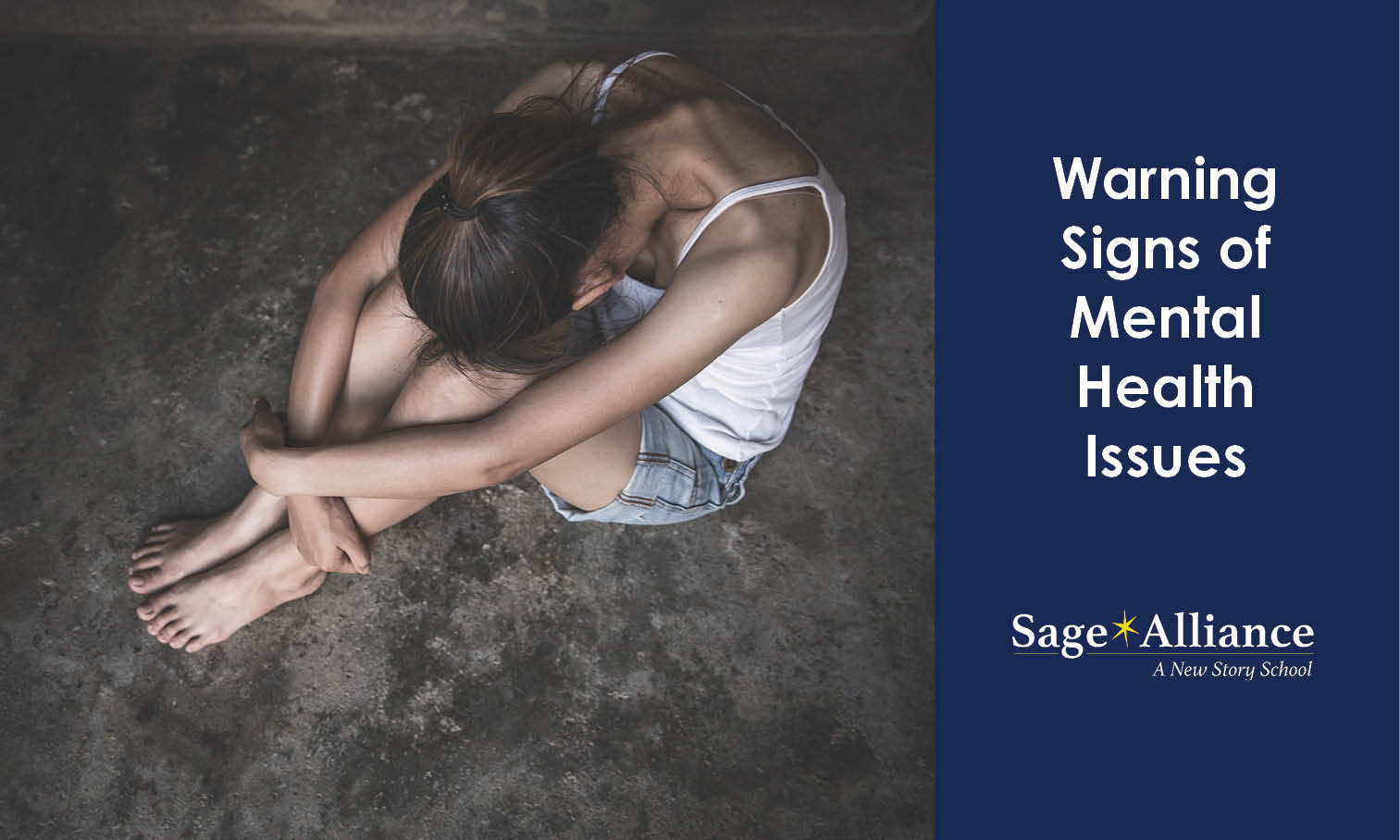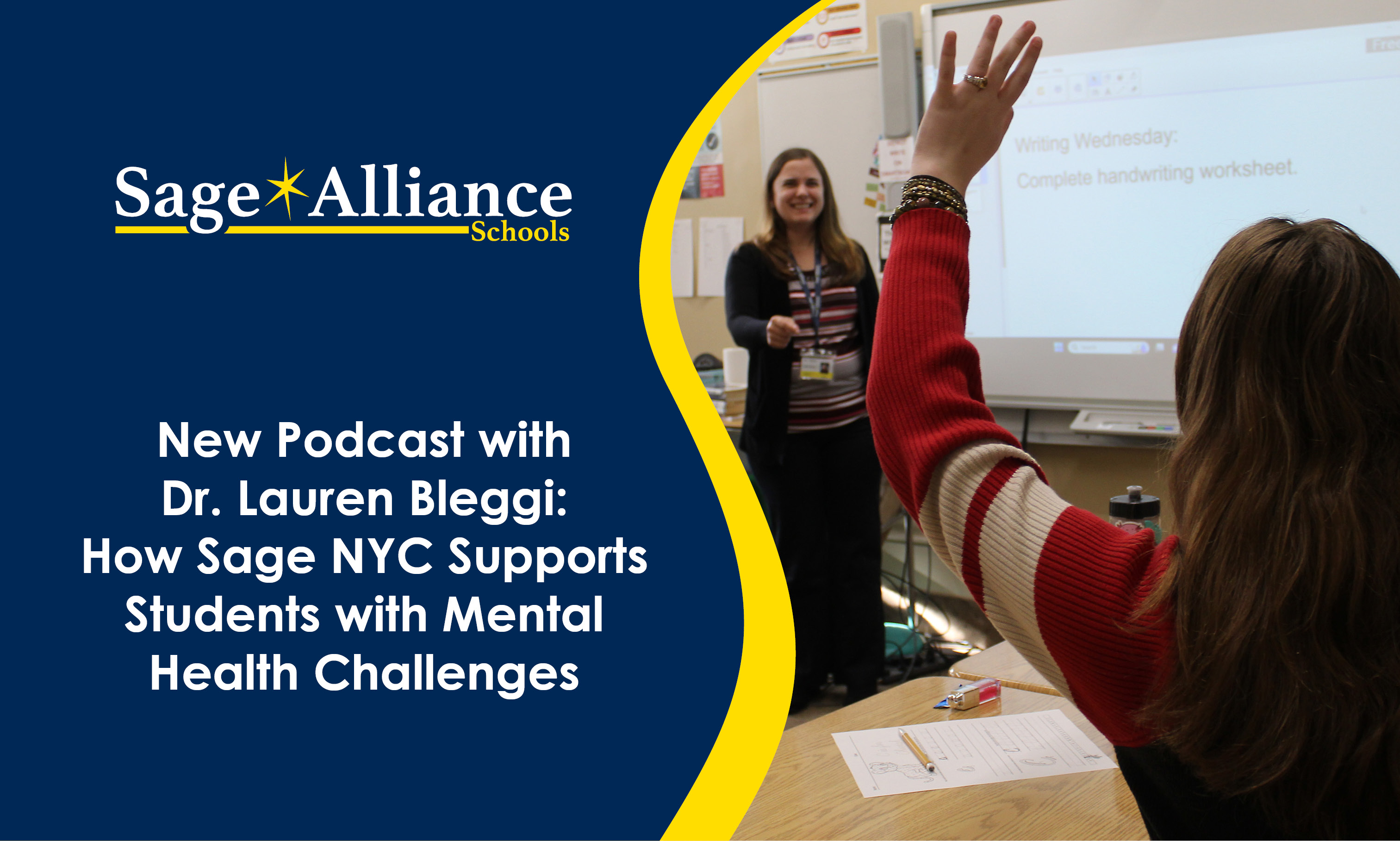Warning Signs of Mental Health Issues
Posted: November 14, 2018 | Written By: | Category: Emotional Health

As part of our efforts to give educators and parents the resources they need to support teens who struggle with mental illness, we’re sharing our experiences on what hard to identify warning issues look like. Recognizing warning signs of potential mental health issues is important—parents and educators should also be aware of the differences between mental illness and behavioral issues which can seem very similar. Warning signs can happen at home and in school, and come in many different forms. The cues of a potential mental health issue can be social, emotional and academic.
Visible Warning Signs for Potential Mental Health Issue
-
Compulsive actions and behaviors include repetitive touching, counting, hand-washing and even checking to make sure the door is locked multiple times.
-
A personality change can also be another sign, your teen may seem irritable, angry or oppositional.
-
A teen suffering from a mental health issue may experience panic attacks, fall asleep in class, refuse to attend school or work and find it hard to focus.
-
Other warning signs can consist of drug and/or alcohol use, aggressive behavior and theft.
What Can Professionals Do?
Educators and support staff act as the front line to their students. They are role models and should encourage students during class activities and extracurriculars. Establishing classroom rules and routines can help educators avoid challenging situations and keep easily distractible students on-task. Engaging in positive discipline acts as a way to handle behavior inappropriate for a classroom setting, while still maintaining a trustful relationship with the student. All staff should be trained and educated on protocol for stressful, sometimes dangerous situations that can occur at any time.
Within schools, a sense of community should be established and consistently reinforced through positive messages placed around the school. Encouraging the child to feel a sense of belonging through relationships and connections within the classroom is a meaningful step toward self-acceptance. Providing professional, therapeutic support to those experiencing mental health issues is incredibly important. As the professional, if you ever see warning signs in a student, this should be reported immediately to the proper people, including the parents. Lastly, always be willing to learn and adapt to new strategies to best help the students.
Want to be notified of new articles and resources from Sage Alliance? Click here to submit your email and opt into our newsletter.









